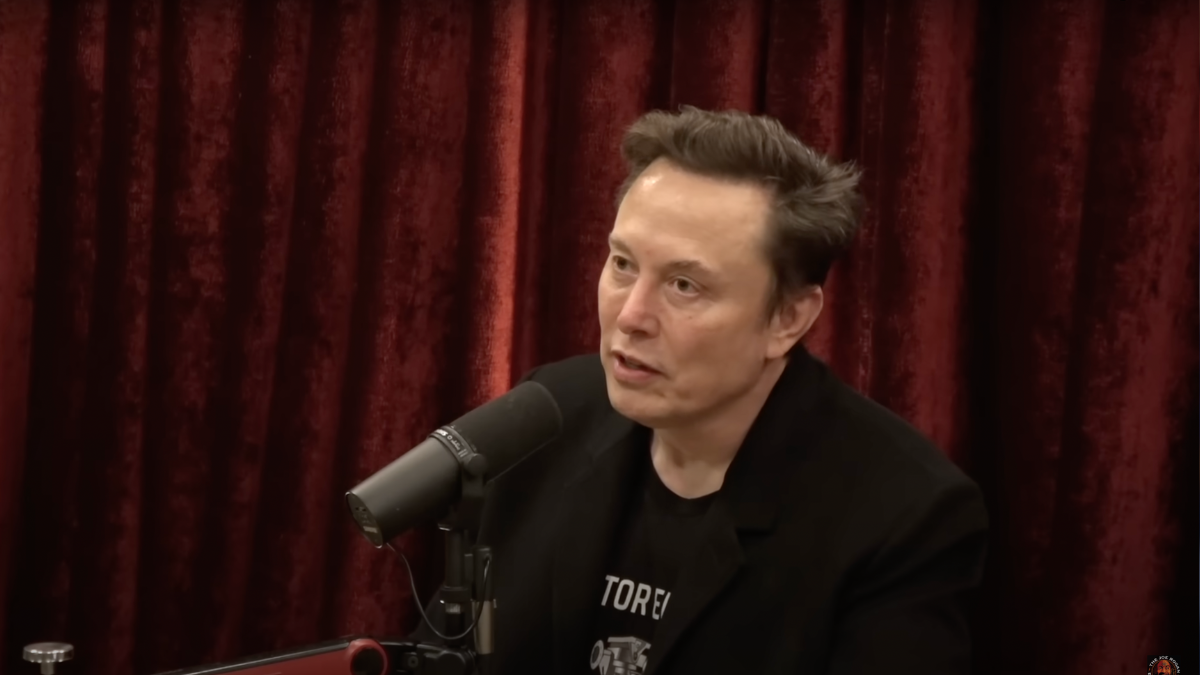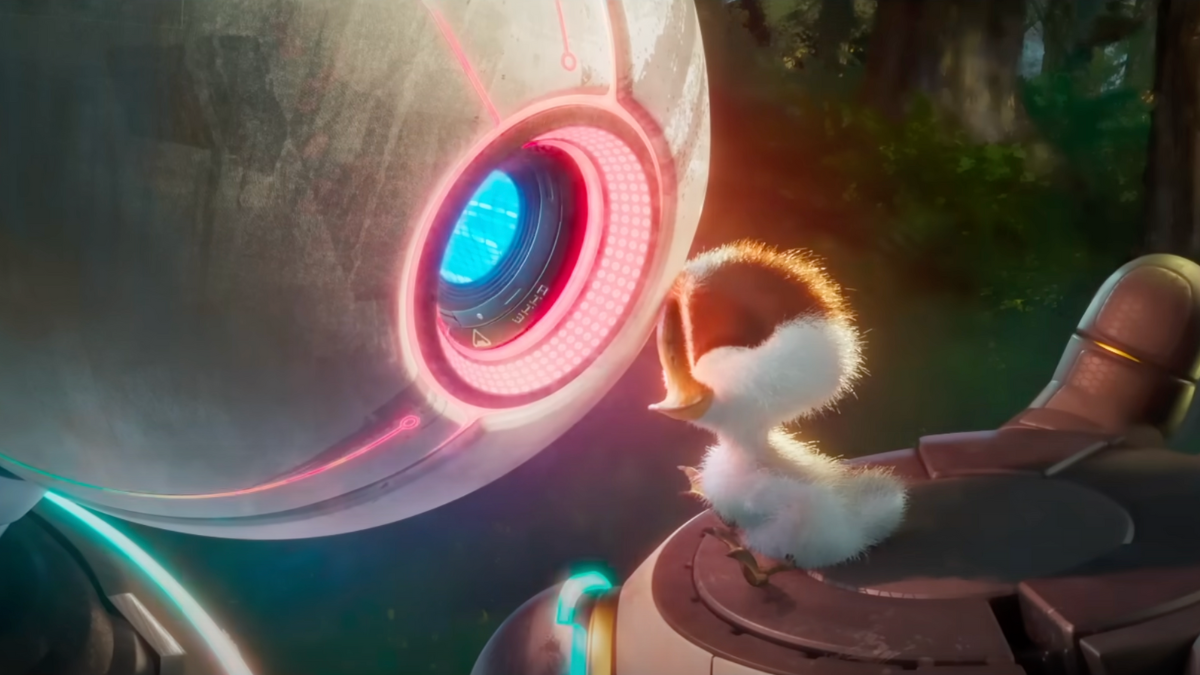‘Start Trek: Picard’ Enters The Matrix With Embrace Of Transhumanism
Star Trek: Picard and the Sinister Side of Transhumanism
Spoilers abound.
“Star Trek” has always sailed the cosmos on the unearthly wind of left-wing pieties, but a message more inhuman than mere collectivism and leftism emerges in “Star Trek: Picard.”
The original 1960s series hewed to the Prime Directive, an anti-colonialist maxim that, while never expressly stated, charged the voyagers of Starfleet to interfere as little as possible with whatever civilizations they might encounter.
The show, with its multi-species cast, gestured toward nuclear disarmament and featured what was probably broadcast television’s first interracial kiss.
So, too, with the first batch of “Star Trek” movies. Those of us old enough to have seen “Star Trek II: The Wrath of Khan” in theaters will remember the thrill of Spock’s sacrifice, which allowed the Starship Enterprise’s crew to escape the doom of their enemies, who are consumed in an explosion moments later.
I wonder how many wept at a line he shares with Kirk: “The needs of the many outweigh the needs of the few, or the one.” That is a noble sentiment, especially in the context of a desperate battle. As a general principle, though, it leaves something to be desired.
It is refreshing at first glance, then, that the most recent Trek series, “Star Trek: Picard,” which recently concluded on Paramount Plus, had anti-collectivist themes.
The show portrays a good bit of science-fiction cloak-and-dagger adventures, involving shape-shifting spies and sentient androids and so forth, before revealing the true villain: a shriveled, lonely Borg Queen, bereft of her Collective of shared minds and hungry for a particular mind — someone close to the hero, Admiral Jean-Luc Picard.
Picard finds himself called from his idyllic French vineyards back to the depths of space, where he reunites one by one with his old crew members from “Star Trek: The Next Generation.”
They zip around the stars, shooting lasers at bad guys. They run around on distant planets, doing the same. They apologize for past mistakes and gaze wistfully at computer consoles on the wall. Nostalgia oozes from every conversation and glance.
Yet behind the nostalgia, there is something far more sinister at the show’s heart.
The Sinister Side of Transhumanism
At the end of the first season, Picard dies while battling the shape-shifting enemies. But then he does not stay dead because his very person — his entire human consciousness — is uploaded into a simulacrum of himself. Let’s call it an android. The show then carries on as though this thing — this mechanism carrying Picard’s mind — were Picard himself.
The term for this conceit, in which a human being can be reduced to binary code as if the flesh were a meat vehicle for some pure Cartesian mind, is transhumanism. And “Star Trek: Picard” boldly explores transhumanist territory further than any other “Star Trek” before it.
“The Next Generation” played with transhumanist ideas, with the question of robot Commander Data’s personhood coming up now and then. He is sentient but lacks feeling and empathy. So however likable he may be, is he anything more than a machine?
In “Picard,” Data somehow leaps into true, empathetic personhood. The show does not quite spell out how it happens, and he finds it a little confusing, too. But, in his robot mind, he fights a wicked version of himself and wins, and voila! This, too, is pernicious nonsense.
" Conservative News Daily does not always share or support the views and opinions expressed here; they are just those of the writer."



